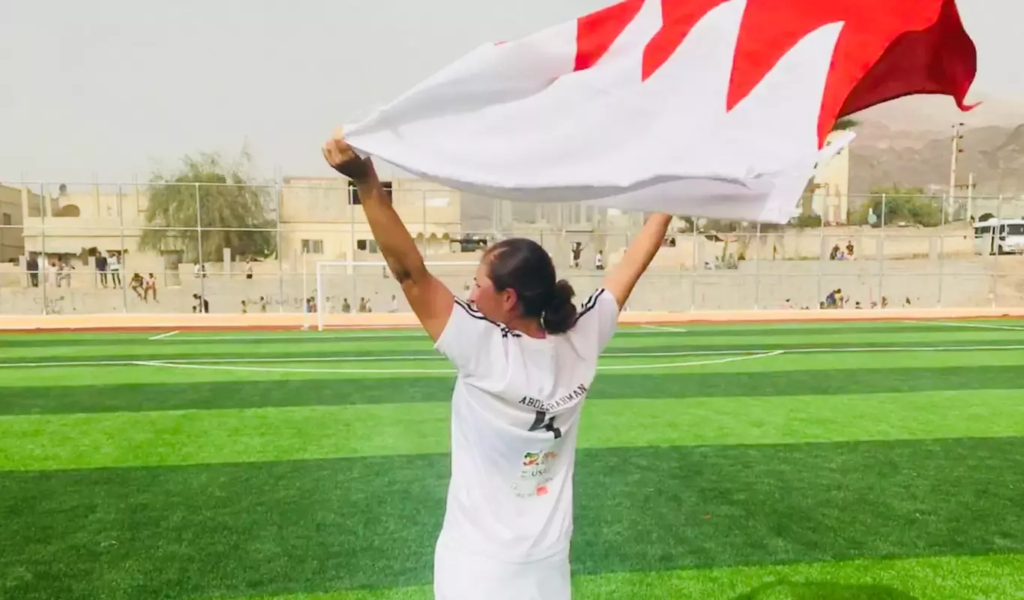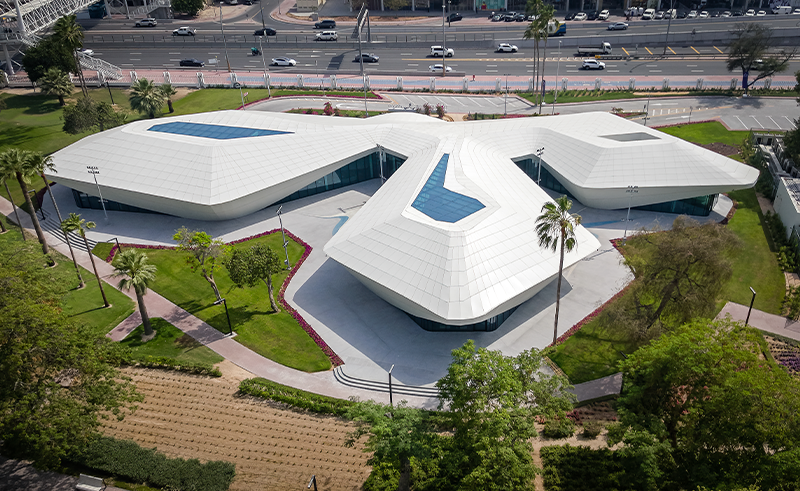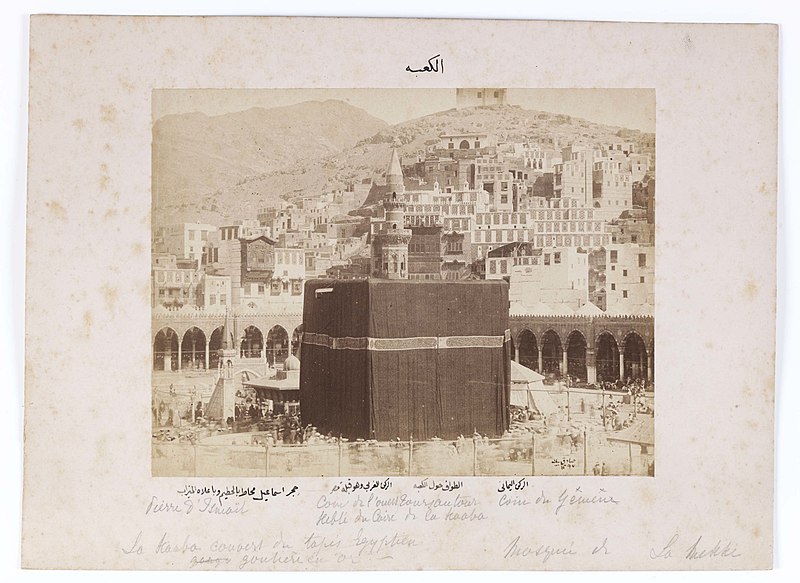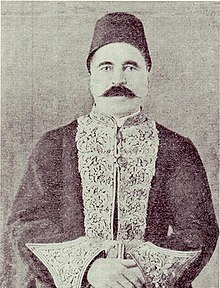Rahman was one of the first women to be paid to play football in Europe – and set a host of records!
- Deena Rahman owns five Guinness World Records
- She was one of the players who got contracts when Fulham became professional in 2000
- Rahman represented Bahrain in 40 matches, and scored 23 goals
In 2000, almost a decade before the English Football Association awarded the first central contracts to women, Fulham Ladies, at the insistence of club chairman Mohamed Al-Fayed, turned fully professional. It was a watershed moment in the history of women’s football. One of the 16 players paid to play professional football, a first in Europe, was Deena Rahman.
Deena Rahman’s career has since become one of football’s enduring legacies. She has played for the England women’s age group teams, then Bahrain national team. A midfielder during her playing days, the 39-year-old now works to promote gender equality in football while also creating a host of world records. The former Fulham midfielder currently holds five Guinness World Records!
Born to an Egyptian father, Deena Rahman rose through Fulham’s youth ranks, then joined the Arsenal Academy. But she returned to Fulham, and became a member of the team which completed a treble of Premier League National Division, FA Cup and League Cup in 2003. The club became semi-professional soon enough, after three years.
At 15, Rahman made her England U-18 debut. She also represented the country of her birth in two UEFA Women’s Under-19 Championships. However, she retired as a Bahraini player, having scored 23 goals in 40 matches after making her debut in 2011. She is regarded as one of the greatest to have played for the Reds, the nickname for the team from the small Western Asian kingdom.
In her journey – from Fulham to Manama with a brief stoppage in Cairo – Deena Rahman has witnessed a whole gamut of human experience. As a prodigious talent in England, she was a regular at the all-conquering Fulham. But injury and the disbandment of the Cottagers in 2006 forced her to move to Egypt, where she played for Wadi Degla for a brief spell. Another injury sidelined her, and she was back in England.
Then Bahrain came calling, thanks to her association with Arsenal. In 2010, Rahman arrived in the Gulf to work as a coach at Arsenal Soccer School at Soccer City in Janabiya. After five years there, she and her husband Paul Shipwright established their own academy, Tekkers Academy.
Meanwhile, Rahman was also busy creating her own legacy. In 2017, she, along with 32 women from 20 countries, set the Guinness World Record for the highest game of football ever played. And the setting was 18,760 feet above sea level, atop Mount Kilimanjaro in Tanzania – the highest mountain in Africa.
The following year, Deena Rahman played her part in setting another Guinness World Record, this time for a game of football at the lowest point in the world, the Dead Sea in the Jordan Rift Valley, at 1,412 ft below sea level.
In 2019, Rahman clocked two more Guinness World Records by taking part in a match featuring 822 players during the biggest five-a-side game at Olympic Lyonnaise Training Academy in Meyzieu, Lyon. Then in an exhibition match on the sidelines of the 2019 FIFA Women’s World Cup in France, she got her fourth Guinness World Record as a part of the match with the most nationalities – 114 participants, representing 53 nationalities. In 2020, Rahman secured her fifth record by hammering 7,876 penalties in 24 hours at the Kick Off Academy in Saar.
source//content: fifa.com (headline edited) / Jayanta Oinam
_________

__________________________________
BRITISH / EGYPTIAN / BAHRAIN









